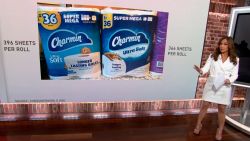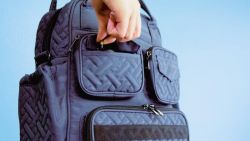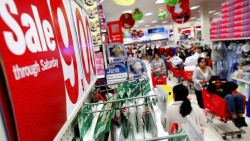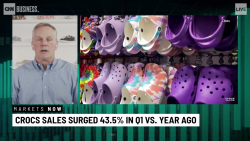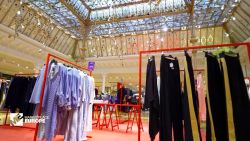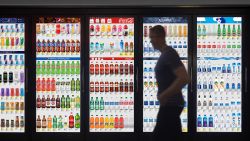The pandemic has sparked broad shifts in the clothes people are wearing, boosting some retailers while leaving others behind.
Consumers are swapping out jeans and officewear for yoga pants, sweats and shorts as they work from home and spend more free time there.
That’s great news for retailers of athleisure, the casual clothing designed for workouts and everyday wear. But it’s unclear how long people will continue to pay up for items like expensive leggings, shorts and tanks.
Despite closing stores temporarily because of the pandemic, Lululemon (LULU) said Tuesday that sales increased 2% to $903 million during the quarter ending August 2, compared with the same period last year. Lululemon (LULU) was able to make up for temporary closures with sales online, which grew 157% last quarter.
“We are seeing a shift in behavior in terms of working from home, sweating from home and the increased importance of living an active and healthy lifestyle. These trends play to our strengths,” CEO Calvin McDonald said on a call with analysts.
Strong women’s sales were driven by different styles in shorts, the company said. It said its shorter inseam bike shorts were “resonating very well.”
Still, the company’s stock tumbled 9.4% on Wednesday. Higher shipping costs pressured profits, said Simeon Siegel, analyst at BMO Capital Markets. Additionally, Lululemon said its markdowns were higher last quarter.
The company’s net income fell 31% to $86.8 million in the quarter from the year-earlier period.
Lululemon, which didn’t provide an annual forecast, said the pandemic made it difficult to predict what the fall and winter will look like. “The environment remains uncertain. COVID is not yet contained in many of the markets where we operate,” McDonald said.
Overall apparel sales declined 34% from March to July from the year prior, including an even more dramatic fall in suits and men’s dress shirts, but sales of shorts, sweatpants and sports bras increased during that stretch, according to market research firm NPD Group.
These changes have devastated some retail chains, such as Brooks Brothers, Neiman Marcus, J. Crew and Men’s Warehouse parent Tailored Brands. All four have filed for bankruptcy during the pandemic.
But there have been other winners.
Athleta, the athleisure label at Gap (GPS), saw sales increase 6% during its latest quarter, despite Gap (GPS)’s sales falling. PVH, the parent of Tommy Hilfiger and Calvin Klein, said athleisure clothing was one of its strongest sellers during its latest quarter. And Dick’s Sporting Goods (DKS) said consumers were gravitating to athletic attire.
“There has been a greater shift toward athletic apparel and active lifestyle [products] with people spending more time working and exercising at home,” Dick’s CEO Ed Stack said on a call with analysts last month.
Retail analysts predict the shift to athleisure will continue to grow, and companies like Lululemon will take advantage.
“We expect an accelerated consumer gravitation toward fitness [and] wellness apparel,” Jefferies analyst Randal Konik said in a research note Tuesday. “We see [Lululemon] emerging even stronger.”




